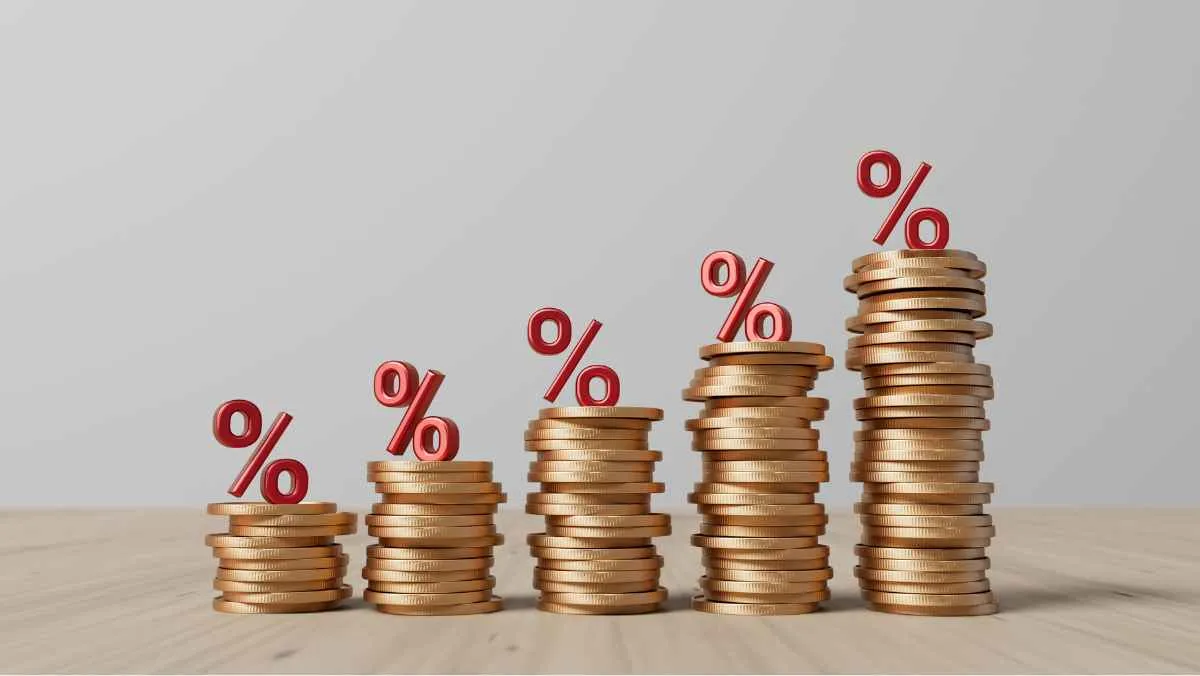
Tuesday Apr 18 2023 08:37

2 min

If you’re going to trade, you’re going to want to understand trade commission and how it can impact your trades.
The trade commission is the amount that traders must pay the broker to execute their trades. In most cases, it is a small fraction of the total trading volume, typically a few basis points, so it’s a relatively small amount. The trade commission helps the broker make money by providing liquidity to the markets and enabling other traders to execute their trades.
In terms of how trade commission works, it’s quite simple. For example, let’s say you buy 1000 shares of a company for $50 each. Your trade commission will be a percentage of the total value of your purchase. If the commission rate is 0.1%, your total trade commission will be $5. In the stock market, commissions tend to be a little higher – usually 0.2% to 0.4%.

The good news is that trade commission is usually much lower in the futures market. For example, futures commissions are typically 0.05%, and they are often lower in other markets, like foreign exchange.
Of course, it’s important to keep in mind that some brokers may offer lower commissions than others, so it pays to shop around.
Overall, understanding trade commission is key to becoming a successful investor. By understanding how much you’ll be paying for each trade and how it will impact your trading strategies, you’ll be in a better position to make profitable trades. So make sure to familiarize yourself with trade commission before making any major investments.
It’s worth bearing in mind that some brokers, such as markets.com, do not actually charge trade commissions for the opening and/or closing of eligible positions, so be sure to check this before you place any trades for real.
Asset List
View Full ListTags Directory
View allLatest
View all
Thursday, 19 December 2024

5 min

Thursday, 19 December 2024

4 min

Wednesday, 18 December 2024

6 min
